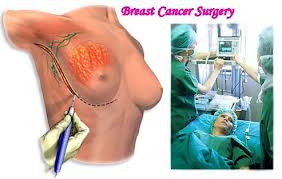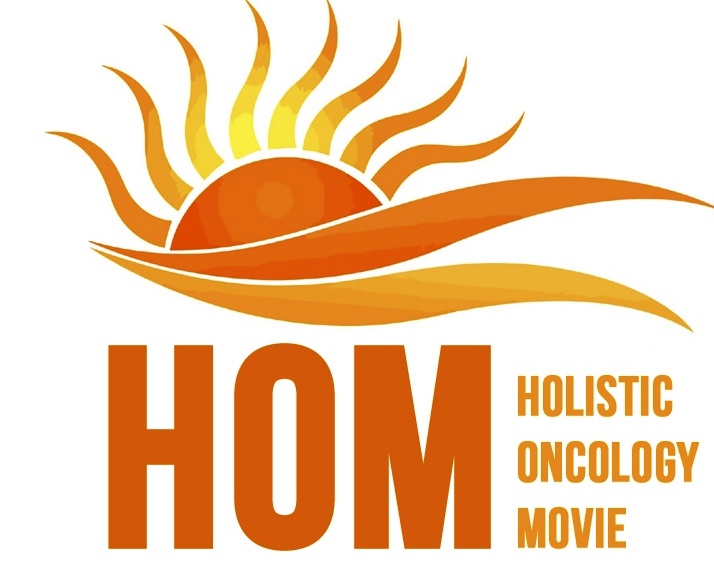The presence of lower-than-normal amounts of the protein TGFBR2 was associated with breast cancer resistance to treatment with the antiestrogen tamoxifen, according to a study published in Cancer Research.
“Our studies established the role of the cell signaling protein TGFBR2 in hormone therapy resistance in breast cancer,” said Susann Busch, PhD., a postdoctoral fellow at the Sahlgrenska Cancer Center in Gothenburg University, Sweden. “Our data indicate that TGFBR2, which detects TGF-beta and thereby activates subsequent cellular responses, could be used as a marker in the clinics to identify patient subgroups that may not benefit from hormone therapy alone and may require additional therapies.” (Exhibit A)
Estrogen is an important hormone that under certain biochemical conditions, induce breast cells to grow and divide. As this above-mentioned study showed, the TGF-beta cell signaling pathway exerts growth-inhibitory effects. Previous studies have shown that both estrogen and TGF-beta signaling pathways can directly and indirectly interact with each other. Abnormal regulation of one signaling pathway can potentially interfere with activation of the other. This is why conventional medicine’s symptomatic approach to diseases is so fraught with limitations and boomerang effects.
This “resistance” biochemical epiphenomenon is nothing new with regard to bacterial, viral and cancerous growths. Just about all cancers breed some form of resistance to aggressive symptomatic conventional anti-cancer weaponry, including, but not limited to surgery, chemo and radiation.
Pr Joubert

Exhibit A
Loss of TGFβ Receptor Type 2 Expression Impairs Estrogen Response and Confers Tamoxifen Resistance
Susann Busch1, Andrew H. Sims2, Olle Stål3, Mårten Fernö4, and Göran Landberg1,5,*
1Sahlgrenska Cancer Center, Gothenurg University, Gothenburg, Sweden.
2Applied Bioinformatics of Cancer, University of Edinburgh, Cancer Research UK Centre, United Kingdom.
3Department of Clinical and Experimental Medicine, Institution of Surgery and Clinical Oncology, Linköpings Universitet, Linköping, Sweden.
4Department of Oncology, Clinical Sciences, Lund University, Lund, Sweden.
5Molecular Pathology, Breakthrough Breast Cancer Research Unit, University of Manchester, United Kingdom.
↵*Corresponding Author:
Göran Landberg, Sahlgrenska Cancer Center, Box 425, Gothenberg 405 30, Sweden. Phone: 46-31-786-6736; Fax: 46-31-827-194; E-mail: Goran.Landberg@gu.se
Abstract
One third of the patients with estrogen receptor α (ERα)-positive breast cancer who are treated with the antiestrogen tamoxifen will either not respond to initial therapy or will develop drug resistance. Endocrine response involves crosstalk between ERα and TGFβ signaling, such that tamoxifen nonresponsiveness or resistance in breast cancer might involve aberrant TGFβ signaling. In this study, we analyzed TGFβ receptor type 2 (TGFBR2) expression and correlated it with ERα status and phosphorylation in a cohort of 564 patients who had been randomized to tamoxifen or no-adjuvant treatment for invasive breast carcinoma. We also evaluated an additional four independent genetic datasets in invasive breast cancer. In all the cohorts we analyzed, we documented an association of low TGFBR2 protein and mRNA expression with tamoxifen resistance. Functional investigations confirmed that cell cycle or apoptosis responses to estrogen or tamoxifen in ERα-positive breast cancer cells were impaired by TGFBR2 silencing, as was ERα phosphorylation, tamoxifen-induced transcriptional activation of TGFβ, and upregulation of the multidrug resistance protein ABCG2. Acquisition of low TGFBR2 expression as a contributing factor to endocrine resistance was validated prospectively in a tamoxifen-resistant cell line generated by long-term drug treatment. Collectively, our results established a central contribution of TGFβ signaling in endocrine resistance in breast cancer and offered evidence that TGFBR2 can serve as an independent biomarker to predict treatment outcomes in ERα-positive forms of this disease. Cancer Res; 75(7); 1457–69. ©2015 AACR.

Disclaimer: Nothing in this educational website should be construed as medical advise
2015 Copyright. Holistic Oncology Movie and agents. All Rights reserved
![]()
Leave a Reply